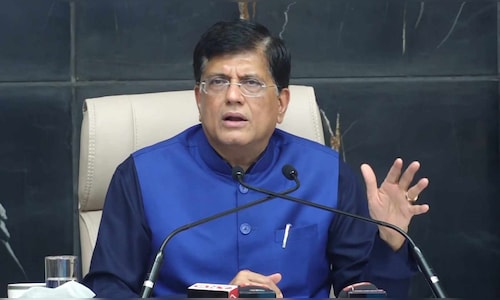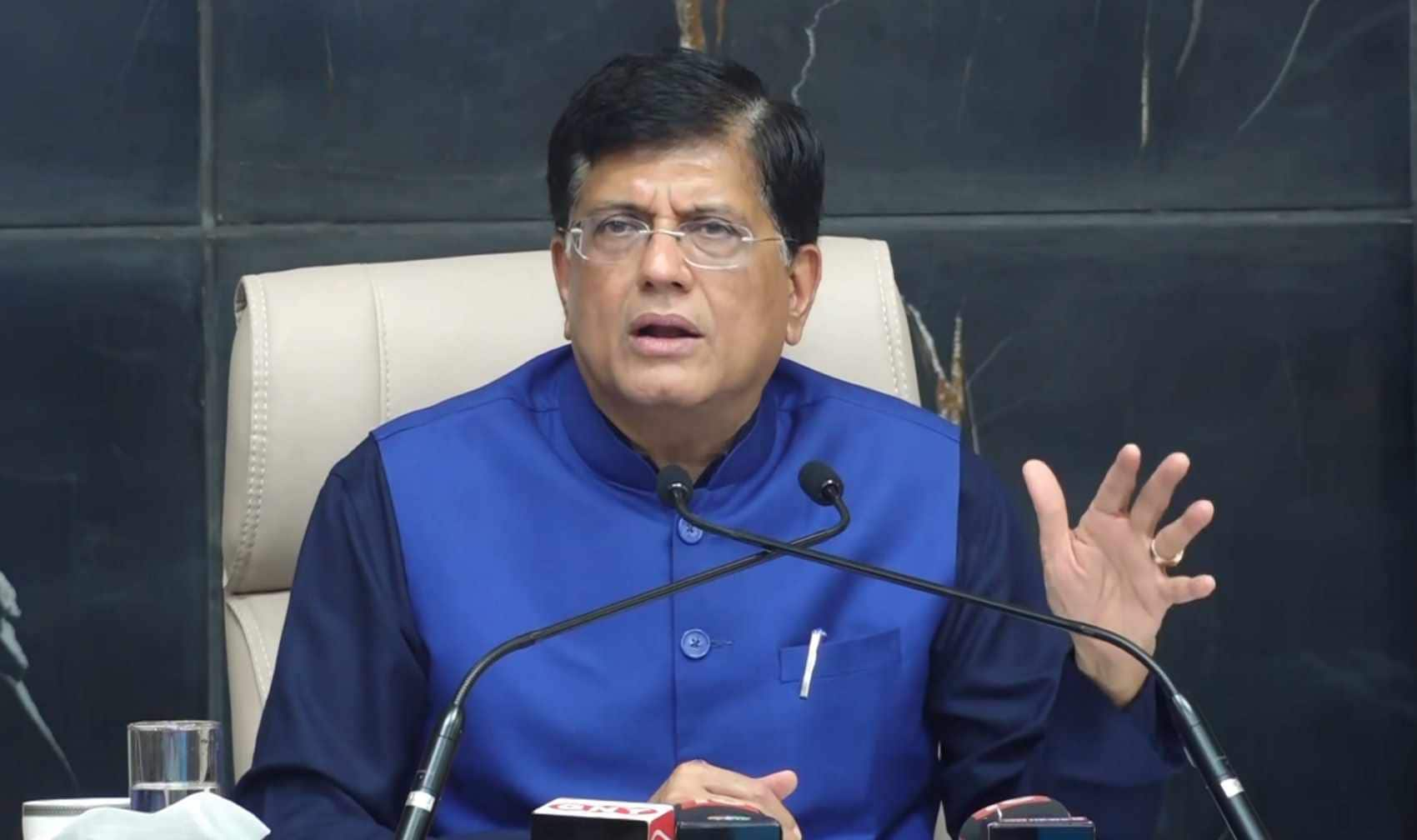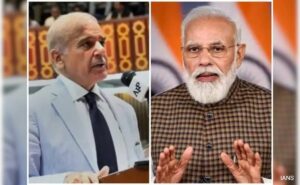

The minister held a meeting in New Delhi today with industry representatives from the EV sector to discuss issues related to the development of battery charging and swapping infrastructure. The issue of interoperability of EV batteries has been temporarily set aside.
Officials from the Ministries of Heavy Industries, Power, NITI Aayog, Bureau of Indian Standards (BIS), and the Department for Promotion of Industry and Internal Trade (DPIIT) participated in the meeting. Senior representatives from Amara Raja Advanced Cell Technologies, SUN Mobility, TVS Motor Company, Gorogo, Ather Energy, Mahindra & Mahindra Ltd, Hero MotoCorp, and Bajaj Auto were also present.
Industry stakeholders highlighted that the battery-swapping sector is expected to grow to $20 billion by 2030.
Goyal stated that auto and battery industry players will provide feedback on battery swapping by January 6. He said that the government has left it to the industry to determine its own business models, explaining that different companies have varying levels of innovation and R&D and may not wish to share their inputs with others.
Also read: TVS Motor sales up 7% in December; electric vehicles surge 79%, exports rise 22%
PESO (Petroleum and Explosives Safety Organization) has issued guidelines for setting up charging stations at gas stations. Goyal indicated that the government wants these guidelines to be based on self-regulation to encourage Resident Welfare Associations (RWAs), office complexes, and commercial establishments to establish charging infrastructure.
Envisioning battery swapping and charging infrastructure at every petrol pump and CNG station, Goyal pointed out that the BIS has released draft standards for two-wheelers, with industry feedback expected by January 6. The BIS has already notified standards for three-wheelers and four-wheelers.
In March 2024, India introduced an EV policy offering duty concessions to companies investing a minimum of $500 million to set up manufacturing units in the country. Additionally, India plans to install nearly 11,000 public charging stations under the FAME-II scheme. Under the second phase of the scheme, incentives are being provided to EV buyers as an upfront reduction in the price of vehicles.
Another initiative, PM E-DRIVE, subsidises electric mobility for over 14,000 e-buses, 2.05 lakh electric three-wheelers (L5), 1.11 lakh e-rickshaws and e-carts, and 2.5 million electric two-wheelers. The scheme also extends support to e-ambulances, e-trucks, EV public charging stations, and the upgradation of testing agencies.
Electric vehicles are further supported under the Production-Linked Incentive (PLI) scheme for automobiles and auto components, which was approved in 2021 with an outlay of over ₹25,938 crore for a period of five years.
Also read: Hero MotoCorp sales jump 7.5% in 2024 amid global expansion and EV push



